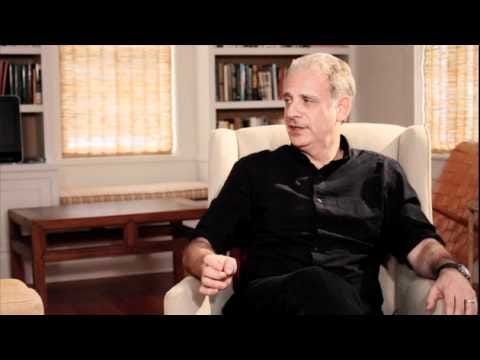Writing history as if every event is inevitable is probably what has turned more students off the study of history. The implicit or explicit notion that history is fixed and pre-determined doesn’t allow for human choice and agency.
Perhaps that’s why more students are attracted to modern history than ancient history. Humans seemed to have a greater ability to shape events in the 20th and 21st centuries than in the 17th century.
It’s nearly impossible to plausibly create an alternative narrative from events long ago, such as for the first 2000 years of written Western history. I outlined the history of Jerusalem to 70 A.D, which is in many ways a history of the Western world. Ever since the ancient Hebrews recognized a God of history, humans have seen events as not simply the result of randomness and chaos but part of a coherent narrative and a divine relationship, even if the detailed meaning of that narrative is not clear until years, decades, or even centuries later.
Muslims tend to go even further than the ancient Hebrews and Christians, asserting that God pre-determines almost everything. “Kismet,” or destiny, fate, the will of Allah determines or even pre-determines the lives of every Muslim. It is one of six articles of faith in Islam.
The further back in history one explores, the harder it is to think of plausible alternatives. Details matter less, and one can more easily embrace deterministic views of the ancient past.
“Either we live by accident and die by accident, or we live by plan and die by plan,” wrote Thornton Wilder in The Bridge of San Luis Rey.
The concepts of Destiny, Fate, a predetermined course of events — Divine Providence, or God’s intervention in the world, at least occasionally, are highly popular and widely believed, even among skeptics in secular societies.
And yet a rigid interpretation of history as entirely the work of destiny, fate, predestination, Divine Providence, and Divine Retribution (as punishment for sinful behavior) that’s always in control of everything has led to skepticism, rebellion, and the emergence of chaos theory and the butterfly effect.
Edward Lorenz discovered the effect when he observed that runs of his weather model with initial condition data that was rounded in a seemingly inconsequential manner would fail to reproduce the results of runs with the unrounded initial condition data. A very small change in initial conditions created a significantly different outcome.
James Gleick on Chaos: Making A New Science.
And yet for me, the rigid application of chaos theory to history
Keep reading with a 7-day free trial
Subscribe to Slender Threads / Global Citizens / Public History to keep reading this post and get 7 days of free access to the full post archives.




